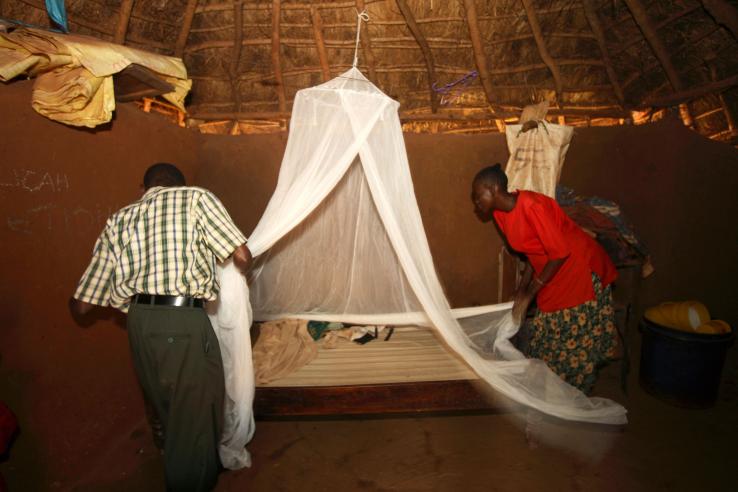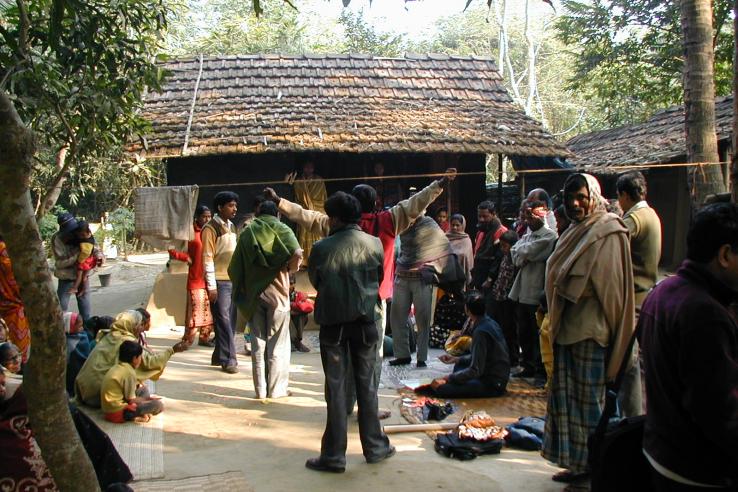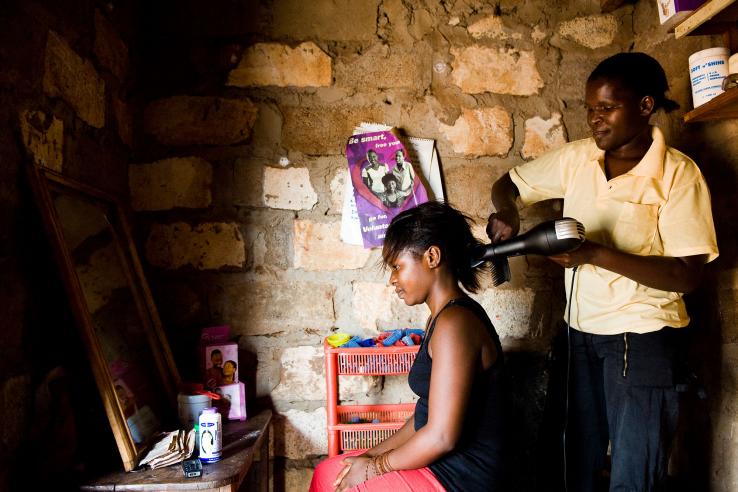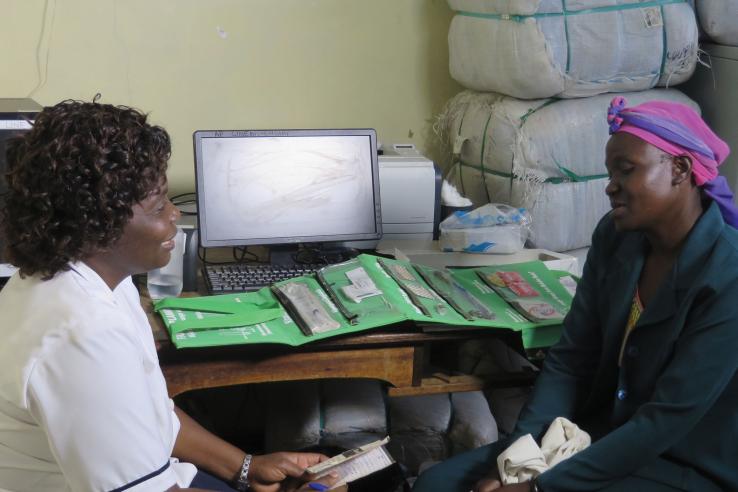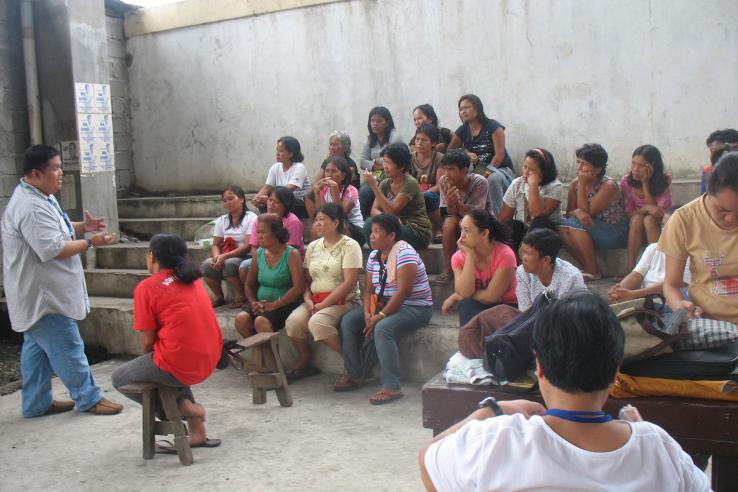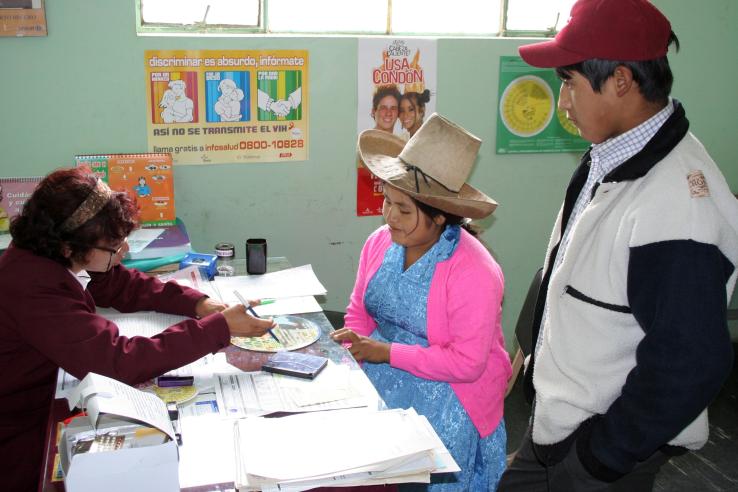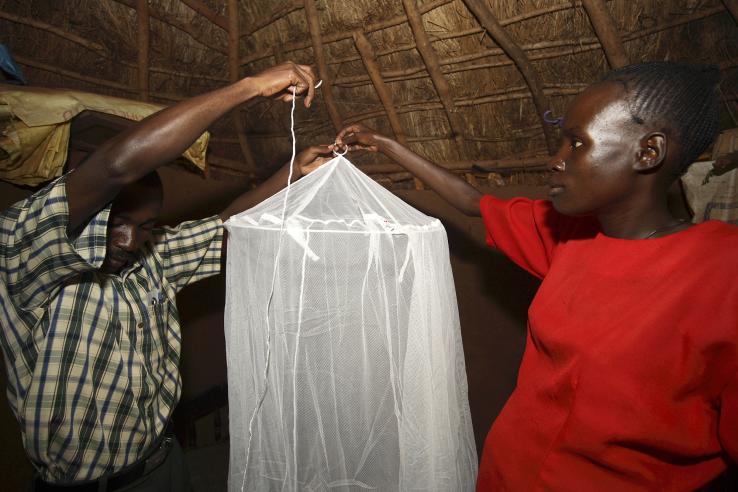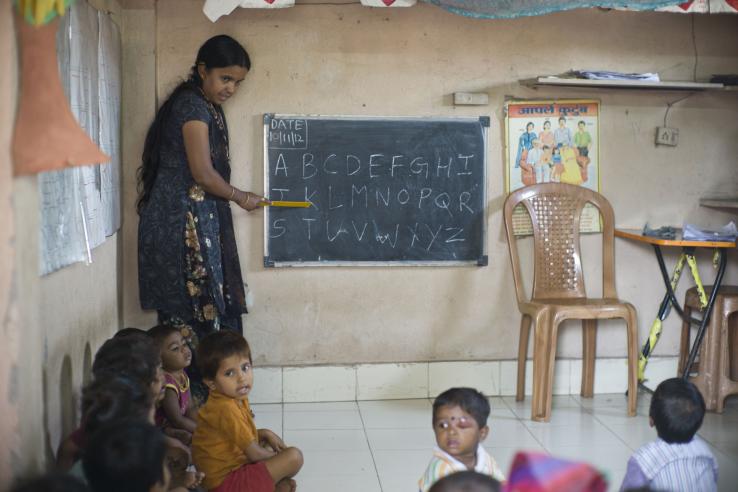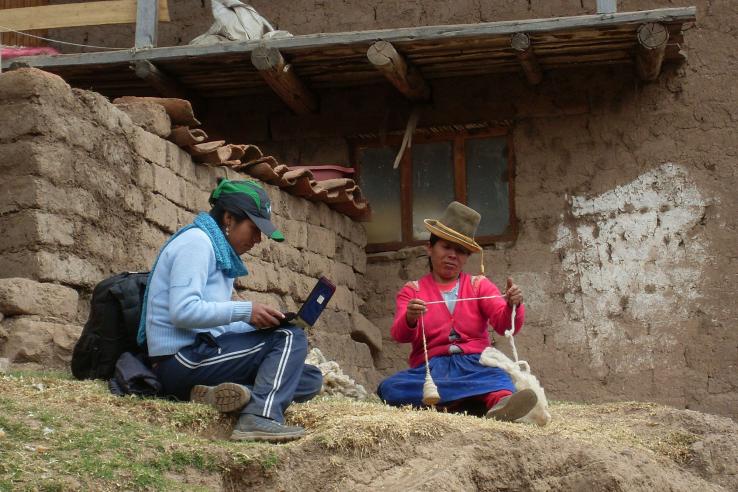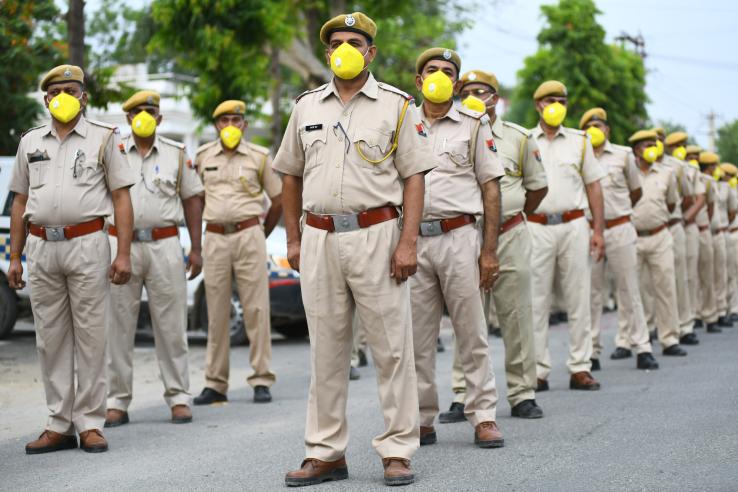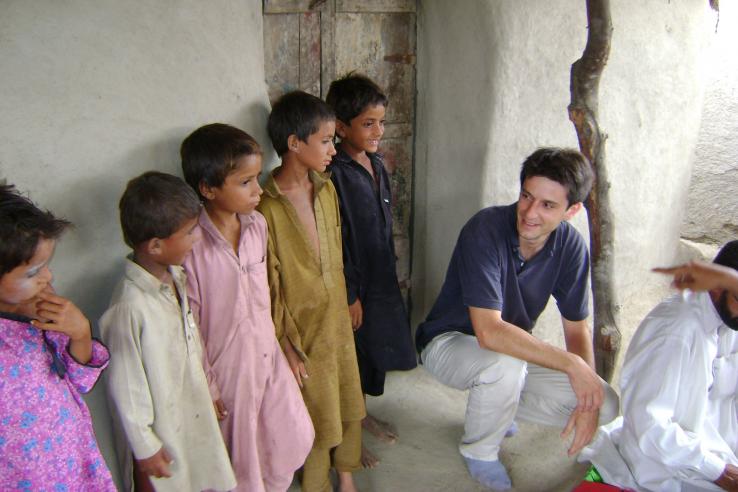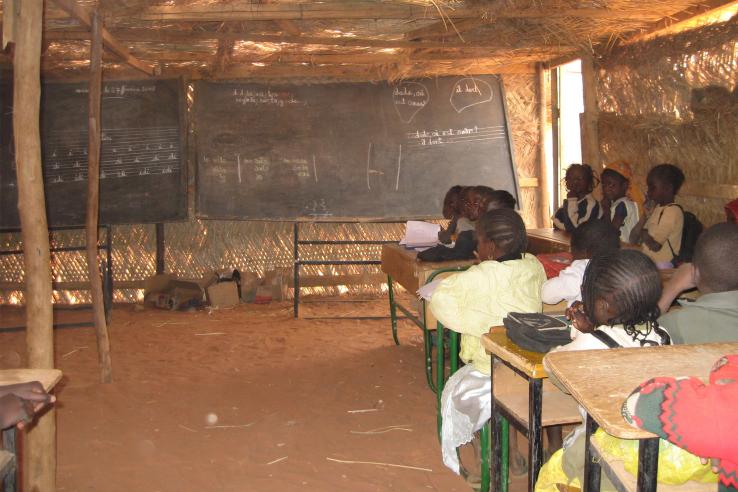Displaying 3121 - 3135 of 8334
Evaluation
This study evaluated the impact of subsidies and two different marketing messages on the take-up of insecticide-treated bed nets by rural households. Take-up did not vary with the framing of marketing messages but was highly sensitive to changes in price. Gaining access to a highly subsidized bed net in the first year also increased households’ willingness to pay for an additional net a year later.
Evaluation
Following the implementation of a policy mandating lower-caste representation in some local village councils in India, researchers evaluated how lower-caste presidents invested in and distributed goods. They found that disadvantaged lower-caste groups received more public goods in councils with an elected leader from their own group.
Evaluation
Researchers designed a field study to identify how information and communication affect intra-household decisions. They found that Filipino spouses who don't control the household spending and savings decisions deposit money into their own accounts in private settings and commit it to consumption for themselves in public settings.
Evaluation
In Lusaka, Zambia, researchers compared the effect of financial and non-financial reward schemes on sales of female condoms. They found that non-financial incentives were more effective than financial rewards at motivating hair stylists to sell female condoms to their customers.
Person
Paul Gertler is the Li Ka Shing Professor of Economics at the University of California Berkeley where he holds appointments in the Haas School of Business and the School of Public Health. He is also the Director of UC Berkeley’s Graduate Program in Health Management and Scientific Director of the UC...
Evaluation
Researchers used an evaluation that varied whether women were given access to contraceptives alone or with their husbands to examine the effect of male involvement in family planning on fertility outcomes. Women who received private access to vouchers for contraceptives were more likely to take up and use contraception, compared to women whose husbands were involved in the voucher program.
Evaluation
Researchers are testing whether giving vendors money to pay off their outstanding debts or offering financial literacy trainings can help break these borrowers' cycles of debt.
Evaluation
Researchers assessed whether the provision of health training alongside microfinance services impacted the health or financial behavior of Peruvian microcredit clients. They found that additional health training affected neither.
Evaluation
Researchers conducted a randomized evaluation of a bundled microcredit and health education program, delivered both to mixed-gender and female-only loan groups in Benin, to evaluate its impacts on health knowledge, health behaviors, and social outcomes. The integrated package of group microcredit and health education led to gains in women’s knowledge of both malaria and HIV/AIDS, but those gains did not translate into improvements in health behaviors.
Evaluation
In an ongoing evaluation, researchers are studying the relationship between teacher and student motivation, family participation, and student achievement in rural non-formal education (NFE) centers.
Evaluation
Researchers evaluated a multi-faceted approach aimed at improving long term income of the ultra-poor in Peru. They found that the approach had long-lasting economic and self-employment impacts and that the long-run benefits, measured in terms of household expenditures, outweighed their up-front costs.
Evaluation
In this randomized evaluation in Rajasthan, India, researchers examined the effectiveness of five interventions on police performance: limiting administrative transfers; rotating duties and days off; elevating community involvement; incorporating on-duty training; and implementing “decoy” visits by survey enumerators. While decoy visits and trainings improved police performance, the other three interventions were inconsistently implemented and had no detectable impact.
Evaluation
Researchers conducted a randomized evaluation to measure the impact of publicly-funded private primary schools on student enrollment in rural Pakistan. The private school program significantly increased school enrollment, but did not reduce gender disparities among students.
Evaluation
Researchers examined the short-term responses of a grant to school committees and find that overall, parents increased participation and responsibility, but these efforts did not improve overall school quality. Enrollment at the lowest grades increased and school resources improved, but teacher absenteeism increased, and there was no impact on test scores.
Person
Anna Yalouris joined the J-PAL policy group in 2009. She is responsible for supporting J-PAL's policy outreach for the African continent.
